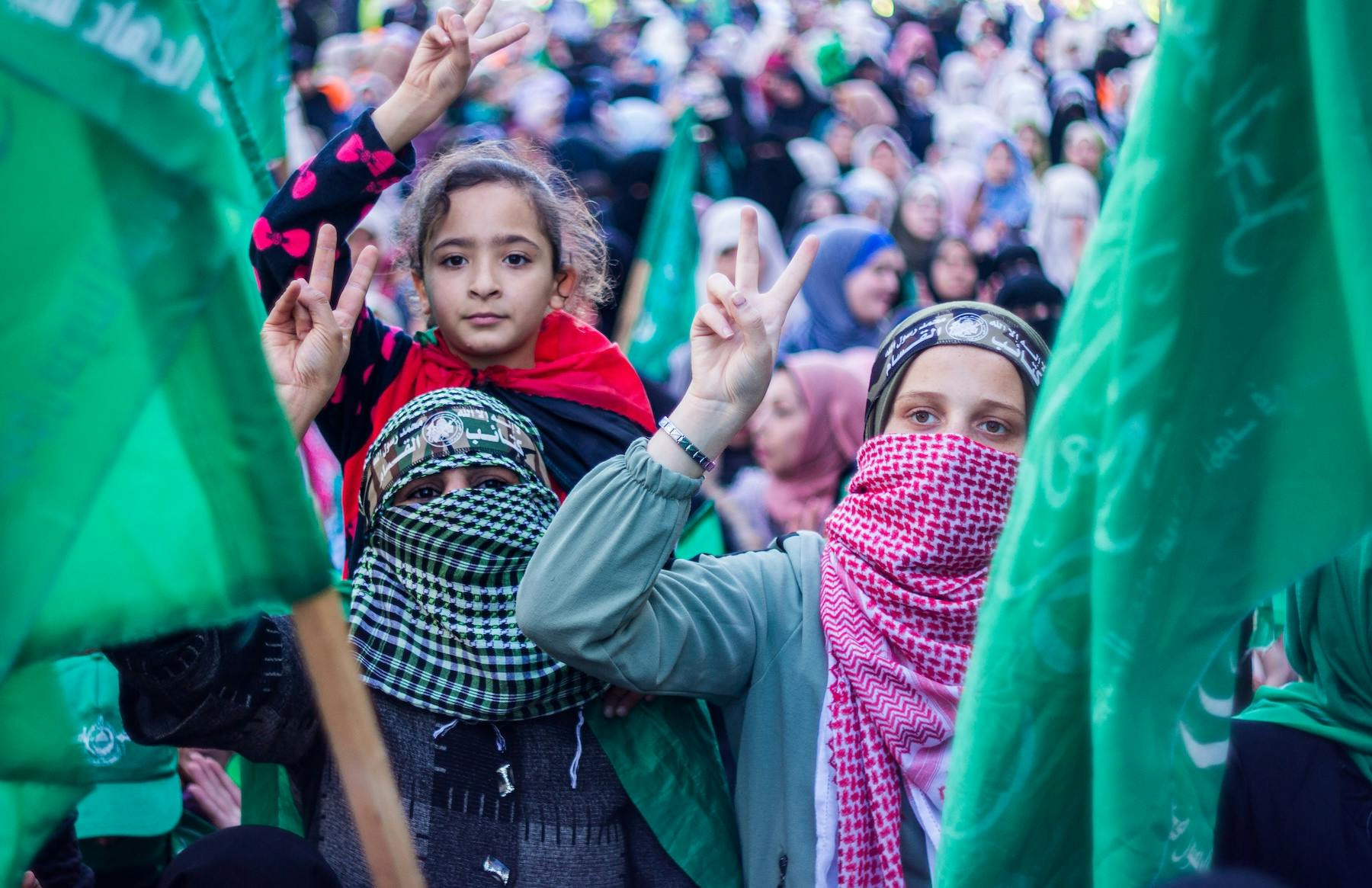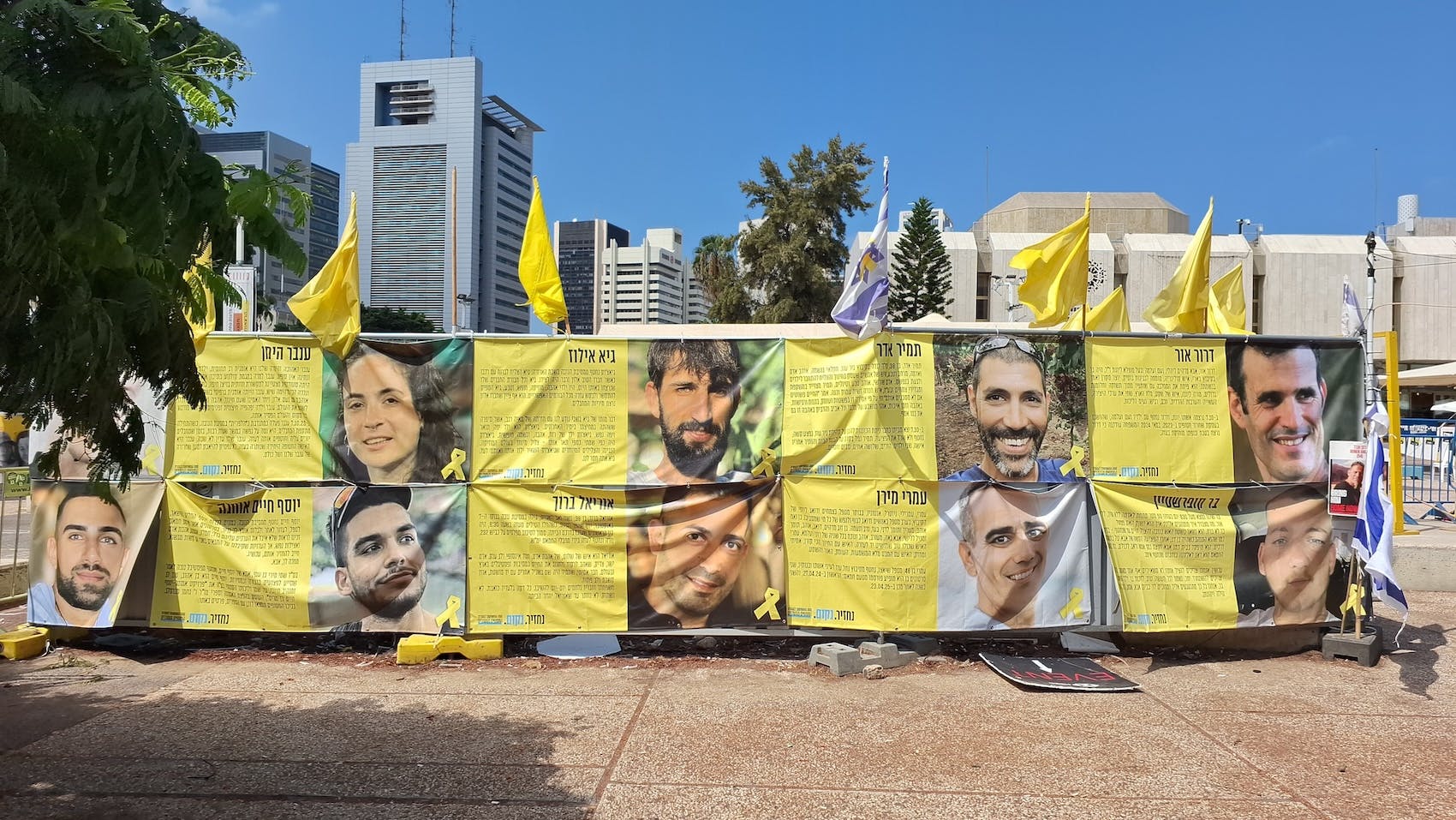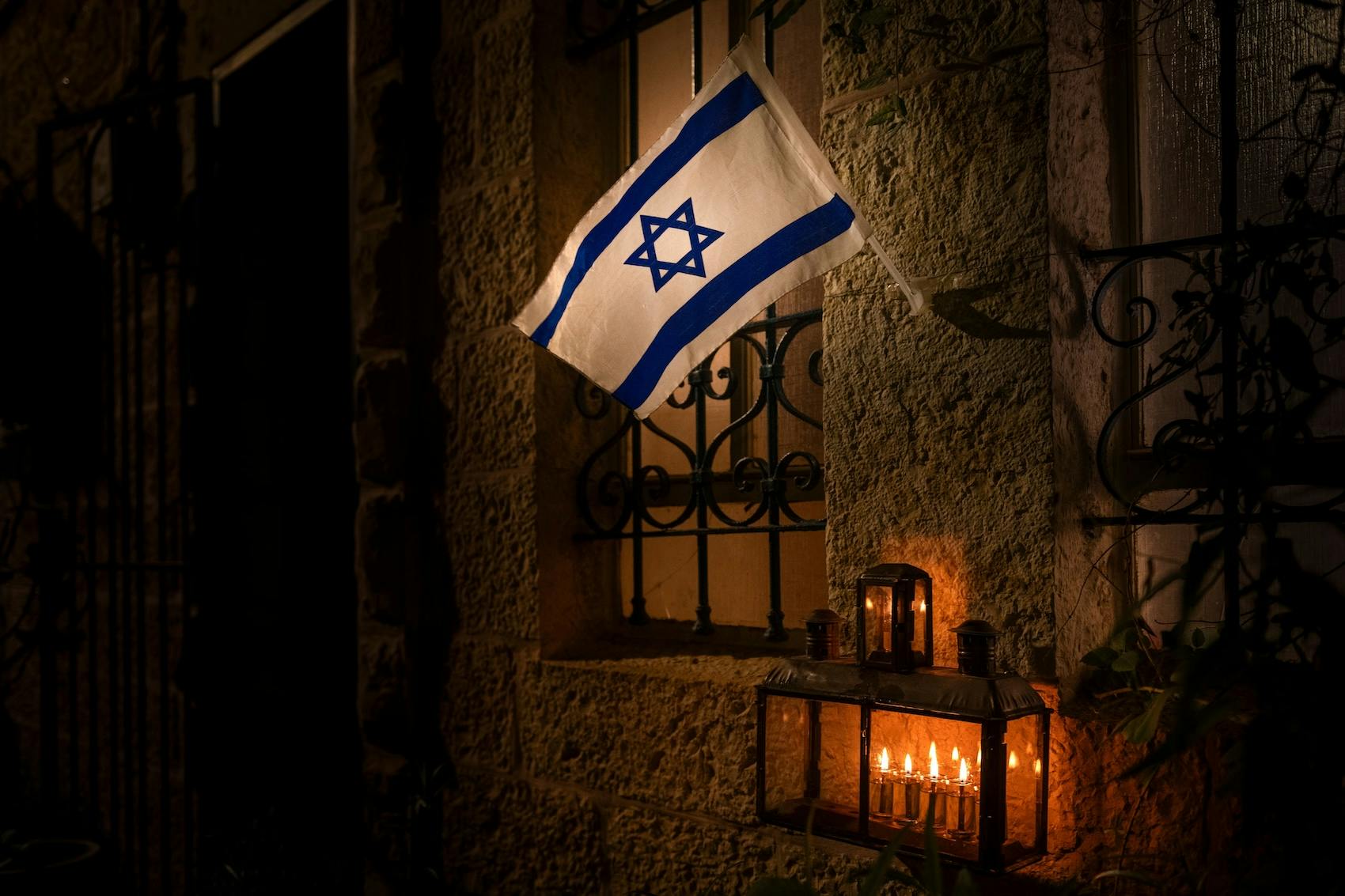Parashat Vayikra — An Atonement Journey: The Love and Holiness of God
Friday, March 24, 2023
“Speak to the children of Israel, and say to them: ‘When any one of you brings an offering to the Lord, you shall bring your offering of the livestock—of the herd and of the flock.”
Leviticus 1:2
Shalom dear friends,
Today, we embark on an exciting journey as we dive into Parashat Vayikra, found in Leviticus 1:1-5:25, which explores the deep relationship between God's love, His holiness, and the significance of the sacrificial system. As we uncover these profound truths, may our hearts be captivated by the depths of God's love and the grace He offers through the atonement for sin.
The Purpose of Sacrifices: Reconciliation and Relationship
As we begin our study, it's crucial to understand the primary purpose of the sacrifices detailed in Leviticus: to reconcile sinful humanity with our holy God. The sacrificial system provided the people of Israel a way to atone for their sins, restoring their relationship with God, and emphasizing the severity of sin and the necessity of forgiveness.
“Now the Lord called to Moses, and spoke to him from the tabernacle of meeting, saying, “Speak to the children of Israel, and say to them: ‘When any one of you brings an offering to the Lord, you shall bring your offering of the livestock — of the herd and of the flock. ‘If his offering is a burnt sacrifice of the herd, let him offer a male without blemish; he shall offer it of his own free will at the door of the tabernacle of meeting before the Lord. Then he shall put his hand on the head of the burnt offering, and it will be accepted on his behalf to make atonement for him.“ — Leviticus 1:1-4
The Role of the High Priest
Central to the sacrificial system was the high priest, who mediated between God and the people. The high priest presented the sacrifices on behalf of the people and played a crucial role in maintaining their relationship with God.
The Five Types of Sacrifices
Burnt Offering (Olah): The Ascending Offering (Lev. 1:3-4)
The burnt offering, also known as the Olah, was a voluntary sacrifice given to the Lord to express dedication and devotion. The offering's entirety was consumed by fire on the altar, symbolizing the complete surrender of oneself to God.
Grain Offering (Minchah): The Meal Offering (Lev. 2)
The grain offering was a way for the Israelites to express gratitude to God for His provision. This offering consisted of finely ground flour, oil, and frankincense, which were combined and burnt on the altar as a pleasing aroma to the Lord.
Peace Offering (Shelamim): The Fellowship Offering (Lev. 3)
The peace offering, or Shelamim, served to express gratitude and request God's favor. The sacrificial animal was shared among the worshiper, the priests, and God, symbolizing the communal fellowship between the people and their Creator.
Sin Offering (Chatat): Restoring Relationships (Lev. 4:27-28)
The sin offering, or Chatat, was a mandatory sacrifice given to atone for unintentional sins committed against God or others. This offering emphasized the need for purification and the importance of maintaining the right relationship with God and fellow human beings.
Guilt Offering (Asham): Making Amends
The guilt offering, or Asham, was presented when a person committed a breach of trust or desecrated sacred things. This offering demonstrated the necessity of making amends and the seriousness with which God regards sin.
God's Unwavering Love: The Heart of the Sacrificial System
At the core of the sacrificial system was God's unwavering love for His people. He established these rituals not to burden them, but to provide a means for His chosen people to draw near to Him and experience His grace.
Throughout the descriptions of the various offerings, the phrase "sweet aroma" often appears. This expression signifies God's pleasure in receiving the sacrifices, as they demonstrated the people's repentance and desire to maintain a right relationship with Him.
"But he shall wash its entrails and its legs with water. And the priest shall burn all on the altar as a burnt sacrifice, an offering made by fire, a sweet aroma to the Lord. – Leviticus 1:9
The sacrificial system foreshadowed the ultimate sacrifice that would be made on behalf of the people: the atoning death of Yeshua, the Lamb of God. Through His sacrifice, Yeshua provided a perfect and lasting atonement for the sins of the world, fulfilling the sacrificial system.
For surely it is not angels he helps, but Abraham's descendants. For this reason he had to be made like them, fully human in every way, in order that he might become a merciful and faithful high priest in service to God, and that he might make atonement for the sins of the people. — Hebrews 2:16-17
Yeshua's death on the cross was the final, perfect sacrifice. He offered Himself willingly and without blemish, fulfilling the requirements of the Old Testament sacrificial system. Through His selfless act, we receive forgiveness, reconciliation, and eternal life.
"He is the atoning sacrifice for our sins, and not only for ours but also for the sins of the whole world." – 1 John 2:2
Yeshua also serves as our eternal High Priest, interceding on our behalf before the Father (Hebrews 7:24-25). His priesthood surpasses that of the Levitical order, providing us with constant access to God's presence and grace.
The Holiness of God: The Foundation of Atonement
The sacrificial system was established in response to the holiness of God. As the Creator, God is inherently holy, and His nature requires that sin be addressed and atoned for.
Because of His holiness, God cannot overlook sin. The sacrificial system provided a way for the Israelites to receive forgiveness and maintain a relationship with their holy God.
Sin separates us from God, creating a barrier that only atonement can remove. The sacrificial system revealed the gravity of sin and the importance of reconciliation with our Creator.
Atonement and Our Life
As believers in Yeshua, we receive the benefits of His atoning sacrifice, experiencing God's grace, mercy, and forgiveness. We are no longer bound by the sacrificial system, but instead, we have direct access to the Father through the blood of Yeshua.
Although Yeshua's sacrifice has brought us into a right relationship with God, we are still called to pursue holiness in our daily lives. This process, known as sanctification, is an ongoing journey of growth and transformation as we become more like Yeshua.
The sacrificial system and Yeshua's atonement exemplify God's love for His people. As followers of Yeshua, we are called to love others sacrificially, reflecting the love of our Savior in our relationships and actions.
Embracing the Atonement Journey
As we have explored Parashat Vayikra and the sacrificial system, we can see the beauty and depth of God's love and holiness. Through the sacrifices and Yeshua's ultimate atonement, we are drawn into a closer relationship with our Creator, experiencing His grace and forgiveness.
As we embrace the atonement journey, let us be ever mindful of the great love that God has for us, and the incredible sacrifice that Yeshua made on our behalf. May our hearts be filled with gratitude, and our lives be marked by the pursuit of holiness and love for others.
Atonement in Modern Times
In modern times, it is essential for believers to appreciate and understand the significance of Yeshua's atoning sacrifice. This understanding deepens our faith and helps us to grasp the magnitude of God's love for us.
As followers of Yeshua, we have the responsibility and privilege of sharing the message of atonement with others. This includes not only explaining the theological aspects but also demonstrating the transformative power of Yeshua's sacrifice in our own lives.
The concept of atonement can also be applied to the broader context of social justice. As believers, we are called to work toward reconciliation and healing in a world marred by sin and brokenness.
The Future of Atonement
The Bible teaches that Yeshua will one day return to earth, bringing about the final fulfillment of atonement. This event will usher in a new era of peace and harmony, where sin and its effects will be eradicated.
Ultimately, the culmination of atonement will lead to the creation of a new heaven and a new earth, where God's presence will be fully realized, and His people will live in perfect harmony with Him.
The promise of Yeshua's return and the establishment of a new heaven and earth provide believers with eternal hope. This hope sustains us through the challenges and trials of this life, as we look forward to the day when we will experience the fullness of God's love and the completion of the atonement process.
Final Thoughts
In response to this incredible love, let us strive to live lives that honor and glorify God, as we seek to grow in holiness and share the message of atonement with a world in need of healing and reconciliation. May we never lose sight of the eternal hope that is ours in Yeshua, and may our lives be a testament to the transformative power of His atoning sacrifice.





